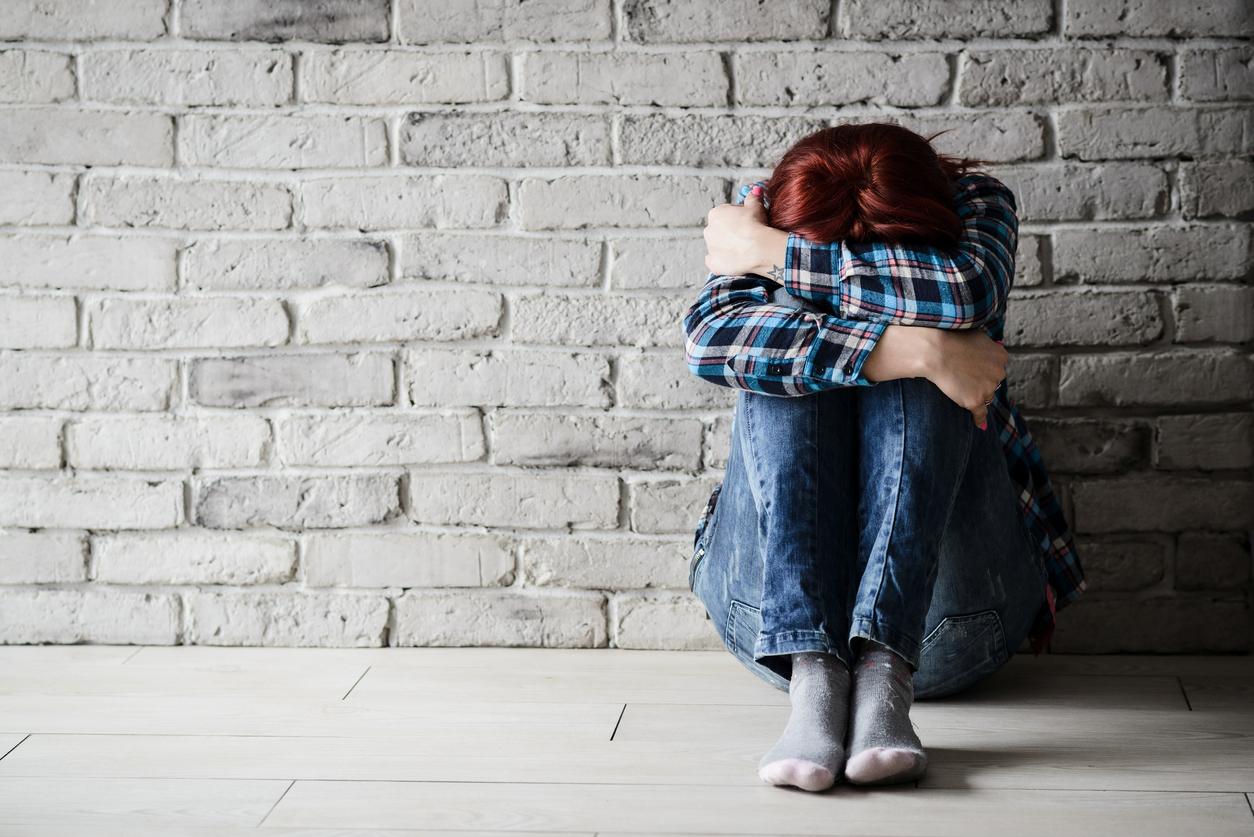Psychological domestic abuse becomes crime in Scotland under ‘groundbreaking’ new law
‘He didn’t give me any money, so I always had to stay at home, I felt so isolated. He was always pushing me and abusing me in front of my family and friends,’ says domestic abuse survivor

A “groundbreaking” new law has come into effect in Scotland that makes psychological domestic abuse and controlling behaviour a crime.
The Scottish parliament passed the Domestic Abuse Act in February last year, creating a specific offence of domestic abuse.
A law is already in place which is aimed at those who psychologically and emotionally abuse partners in England and Wales. It came into effect in 2015, under the Serious Crime Bill.
The Scottish act covers not just physical abuse, but psychological and emotional treatment and coercive and controlling behaviour, where abusers isolate their victim from their friends and relatives or control their finances.
It covers the full breadth of violent, threatening, intimidating and other controlling behaviour which can destroy a victim’s autonomy and further recognises the adverse impact domestic abuse can have on children.
The act also requires courts to consider imposing a non-harassment order on an offender convicted of a domestic abuse offence to protect their victim from further abuse.
“The Domestic Abuse Act makes absolutely clear that coercive and controlling behaviour is domestic abuse and a crime,” the Scottish government’s justice secretary Humza Yousaf said.
“I am proud Scotland is leading the way with this groundbreaking legislation, which uniquely recognises the effect of domestic abuse on child victims as well as adults,” he said.
A campaign to increase public understanding of domestic abuse and to encourage victims to seek help has been launched to coincide with the legislation coming into force on 1 April.
A 29-year-old survivor who left an abusive marriage with support from Hemat Gryffe Women’s Aid in Glasgow, said: “At first the marriage was so good, but after a few months I realised there was something wrong.
“He didn’t give me any money, so I always had to stay at home, I felt so isolated. He was always pushing me and abusing me in front of my family and friends.
“This was a really bad situation for me. I wanted to live with respect as a person. If you feel like you are in my situation being controlled or abused by your partner, seek help – it’s your life.”
Until the new legislation, the law in Scotland only provided for prosecution of the physical aspects of domestic abuse. Law enforcement officials say the new law makes it clear that coercive and controlling behaviour is a crime.
Assistant chief constable Gillian MacDonald, crime and protection lead for Police Scotland, said: “This new offence is groundbreaking. For the first time, it will allow us to investigate and report the full circumstances of an abusive relationship.
“In preparation for the change in law our officers and staff have received further training on the dynamics of power and control in abusive relationships to help recognise the signs, identify investigative opportunities and to tackle the myths and misconceptions of abuse that still exist.
“This new offence is a clear warning to abusers that all forms of domestic abuse are criminal and that perpetrators should expect to face the full consequences of their abusive behaviour.”
Additional reporting by Press Association Scotland
Join our commenting forum
Join thought-provoking conversations, follow other Independent readers and see their replies
Comments
Bookmark popover
Removed from bookmarks